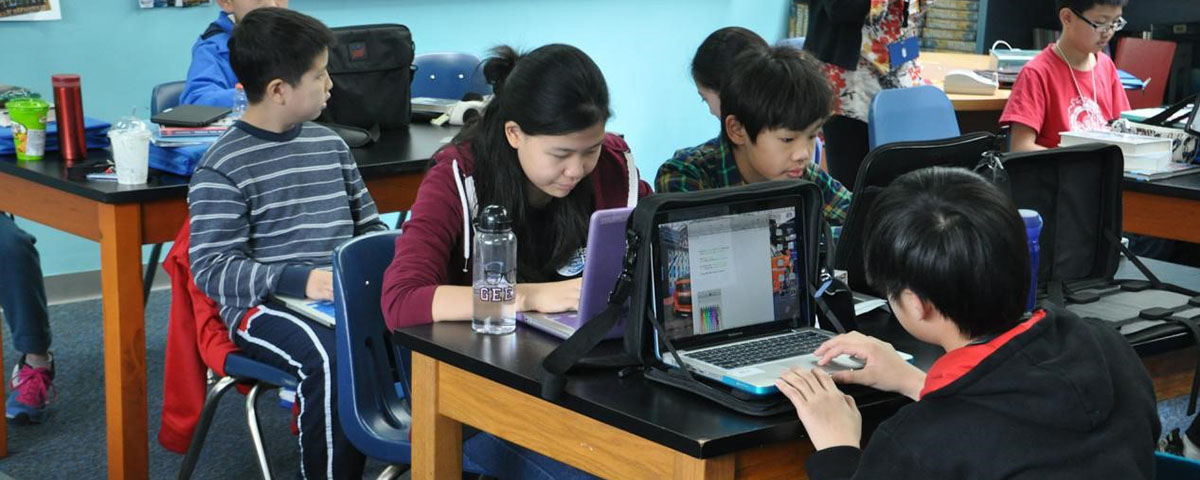International Baccalaureate or IB is an educational program dedicated to students from ages 3 to 19. It is made up of four programmes that provide students with the opportunity to receive a globally-recognised education.
The programme seeks to develop intellectual, personal, emotional, and social skills, challenging students to not only excel in their studies but in their personal development as well.
While it offers a wealth of opportunities and exposes you to a wider and more comprehensive range of subjects, IB is greeted with groans of frustration and general eye-rolling – and it’s largely due to the myths surrounding the program.
As one of the best tutor agency that offers IB home tuition in Singapore, we list down some of the many rumours surrounding IB and prove that it is more than the long sleepless nights it is typically associated with.
Myth: IB is an alternative to AP Programmes
IB is largely seen as an alternative to Advanced Placement (AP) classes. But, it is actually different for a handful of reasons. For instance, IB is offered in elementary, middle school and high school levels while AP, on the other hand, only provides college-level curricula exclusive to high school students.
What’s more, the two programmes tend to differ in teaching methods. Whereas the AP is regarded to focus more on standardised learning, IB tends to prioritise writing, research, and hands-on evaluation. The breadth and depth of study is something the IB offers that no other curriculum such as AP comes close to.
Myth: IB is exclusive to students with superior academic ability
As mentioned, IB is offered to anyone from ages 3 to 19. But, other than age boundaries, the IB has no limits on who can participate in the programme.
Contrary to what is widely assumed, the programme is not exclusive to students with superior academic abilities either. It also has no requirements on one’s prior education, ethnicity or any other factors that may limit his ability to take part. In fact, it is so diverse and inclusive that it provides equal opportunities to students of all skills and backgrounds.
Myth: IB is too difficult
IB is indeed a challenging programme. It’s probably the reason why it’s regarded as an elitist course exclusive for the brightest students. An IB Diploma student, for instance, is required to study at least one subject from six different groups in addition to those in the core, all of which is often more than what is required to study in an AP course.
Furthermore, the IB Diploma is a two-year programme which is twice longer than AP which can be completed in a year. This way, however, IB students are guaranteed to receive a holistic education until they’re 18.
Myth: IB is basically a preparation for university
While it’s true that IB helps students prepare for university – teaching them practical skills such as time management, critical thinking, open-mindedness, collaboration, and responsibility to name a few – the IB isn’t limited to the Diploma Programme that is offered to students age 16 to 19.
Besides the IB Diploma, IB also offers international baccalaureate primary years programme (PYP) and middle years programme (MYP) to students age 3 to 12 and 11 to 16, respectively. These programmes are aimed to foster academic, emotional, and social wellbeing in their students, focusing on international-mindedness and values.
Myth: IB programmes are non-academic and are not accepted by many colleges and universities
IB is an academic programme that has been around for over 30 years. In the present, it is offered by approximately 5,000 schools in more than 150 countries worldwide including Singapore.
It is widely recognised as a mark of academic excellence and it shouldn’t be surprising to see universities favouring applications with high IB scores. Thus, IB students are at an advantage when applying to universities.
As you can see, alongside the increasing popularity of IB is the rise of myths and rumours that are undermining its reputation. But, keep in mind that while IB is academically rigorous, it goes beyond academic learning, equipping its students with the skills that allow them to follow university and career options in the competitive global market.
Do you have any other IB rumours? Let us know and we’ll set the record straight!

